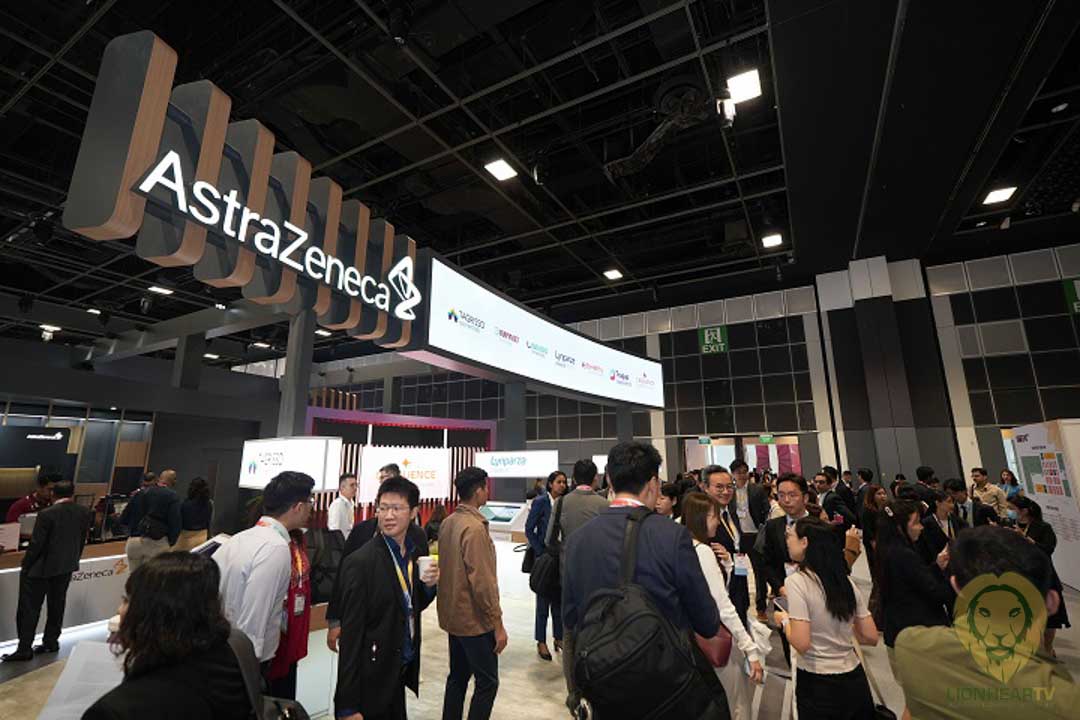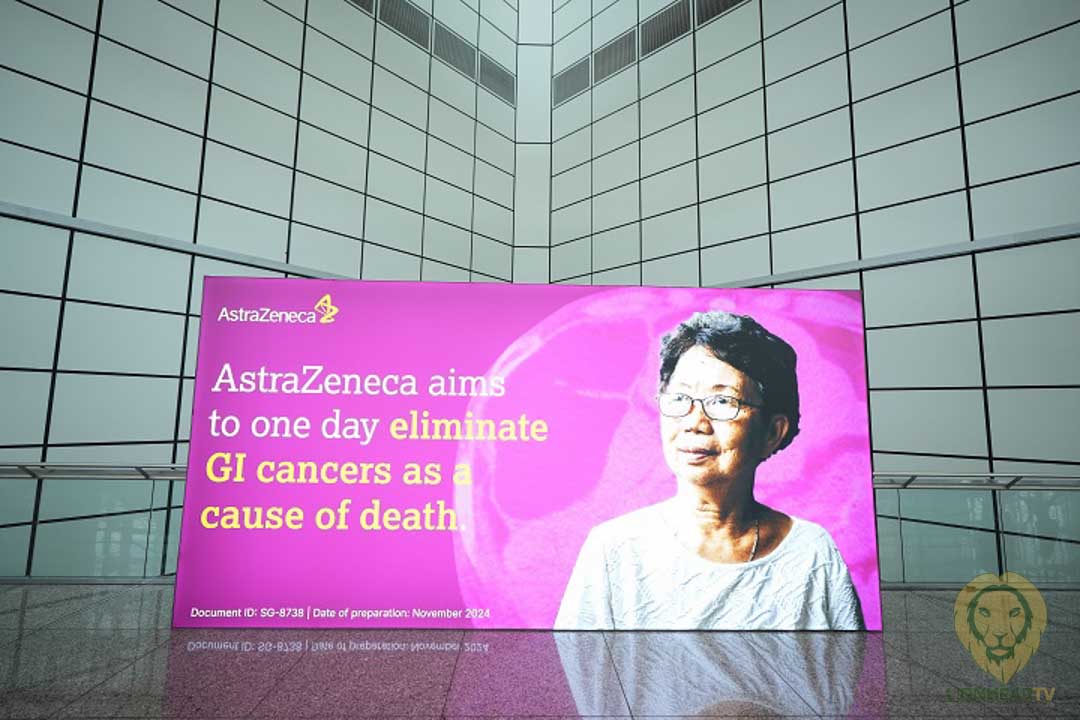AstraZeneca continues to advance its ambition to revolutionise cancer care with pivotal data presented for lung, gastrointestinal (GI), and breast cancers at the recent ESMO Asia Congress 2024. With a strong focus on transforming cancer outcomes in Asia — including the Philippines, where cancer remains a leading cause of mortality — these data underscore AstraZeneca’s commitment to delivering innovative therapies that address the region’s most pressing healthcare needs.
58% of global cancer deaths occur in Asia.1 In the Philippines, cancers of the lung, breast, colorectal, and liver remain the top causes of death in the country.²

Ti Hwei How, Vice President, International Oncology, AstraZeneca, stated: “We are excited about the data presented at ESMO Asia 2024, which showcases our developments in oncology precision medicine and targeted therapies. These advancements provide additional data for cancer treatment options for patients across Asia, where there is a significant disease burden, and we are committed to making these therapies accessible to all who need them.”
Dr. Arthur Lui, Medical Oncologist Metro Davao Medical Research Centeradded: “There is a critical need for new effective cancer treatment options, particularly for aggressive disease. The data at ESMO Asia 2024 are promising and suggest a potential paradigm shift in how we treat certain difficult-to-treat cancers with new treatments. This represents a significant step forward in the field, with the potential to meaningfully improve patient outcomes.”
Highlights at ESMO Asia include data from AstraZeneca’s innovative antibody-drug conjugate (ADC) and comprehensive immuno-oncology (IO) platforms. These data demonstrate how AstraZeneca is harnessing the breadth of its scientific platforms to attack cancer from all angles with the aim of transforming outcomes for people with lung, GI and breast cancers.
Advancing the treatment journey for cancer patients in the Philippines and across Asia
The epidemiology of lung cancer varies globally due to factors such as smoking, pollution, age, and oncogenic alterations.2 In Asia, epidermal growth factor receptor (EGFR) mutations are more prevalent⁴ and in the Philippines, particularly in patients who are female.⁵
The TROPION-Lung05 Phase II and the TROPION-Lung01 Phase III trials showed datopotamabderuxtecan (Dato-DXd) demonstrated clinically meaningful and durable responses. Datopotamabderuxtecan is a specifically engineered TROP2-directed DXd antibody-drug conjugate (ADC), which was discovered by Daiichi Sankyo and is being jointly developed with AstraZeneca.
Breast cancer is the second leading cause of cancer deaths in women in the Philippines² and across Asia, accounting for 39% of global cases9 and with a rising incidence and a higher proportion of patients presenting with metastatic disease compared to the US and Europe10. New data from the TROPION-Breast01 Phase III showed Dato-DXd improved progression-free survival (PFS), overall response rate, and time to first subsequent therapy.
Asian countries face a high burden of gastrointestinal cancers.6 In the Philippines, Colorectal and gastric cancer are on the list of top 10 deadliest forms of cancer.² Results from the HIMALAYA Phase III trial demonstrated that the STRIDE regiment (tremelimumab plus durvalumab) achieved a robust five-yearoverall survival (OS) rate in patients with unresectable HCC. This emphasizes the need for targeted therapies in Asia, where the disease’s incidence and mortality are highest.
 Early detection remains crucial in the fight against cancer
Early detection remains crucial in the fight against cancer
AstraZeneca is committed to transforming cancer care across all disease stages, from early detection and treatment to advanced-stage therapies. This commitment includes developing new cancer therapies such as next-generation antibody-drug conjugates (ADCs).
AstraZeneca is committed to eliminating cancer as a cause of death through early detection, personalised treatment, and innovative therapies. The company is driving efforts to improve cancer screening in the Philippines and across Asia. This includes exploring the potential of artificial intelligence (AI) in enhancing screening accuracy and efficiency in resource-constrained settings.
For example, in the Philippines, an AI-assisted program was recently rolled out in Healthway Hospitals to assist in early detection of lung cancer as a joint project with AstraZeneca¹¹. In addition to its commitment to research and development, AstraZeneca aims to ensure that patients, regardless of their location or socioeconomic status, have access to the latest advancements in cancer care. AstraZeneca Philippines and Healthway Medical Network have also recently partnered to improve the availability of medicines for the treatment and management of cancer patients in the Philippines.¹² Through collaboration with governments and healthcare providers, AstraZeneca is committed to creating a healthier future for all.
AstraZeneca in Oncology
AstraZeneca is leading a revolution in oncology with the ambition to provide cures for cancer in every form, following the science to understand cancer and all its complexities to discover, develop and deliver life-changing medicines to patients.

The Company’s focus is on some of the most challenging cancers. It is through persistent innovation that AstraZeneca has built one of the most diverse portfolios and pipelines in the industry, with the potential to catalyse changes in the practice of medicine and transform the patient experience.
AstraZeneca has the vision to redefine cancer care and, one day, eliminate cancer as a cause of death.
Collaboration with Partners
Collaboration in the scientific community is critical to improving outcomes for patients, and AstraZeneca is collaborating with Daiichi Sankyo Company Limited to develop and commercialise two such ADCs: Enhertuand datopotamabderuxtecan.


